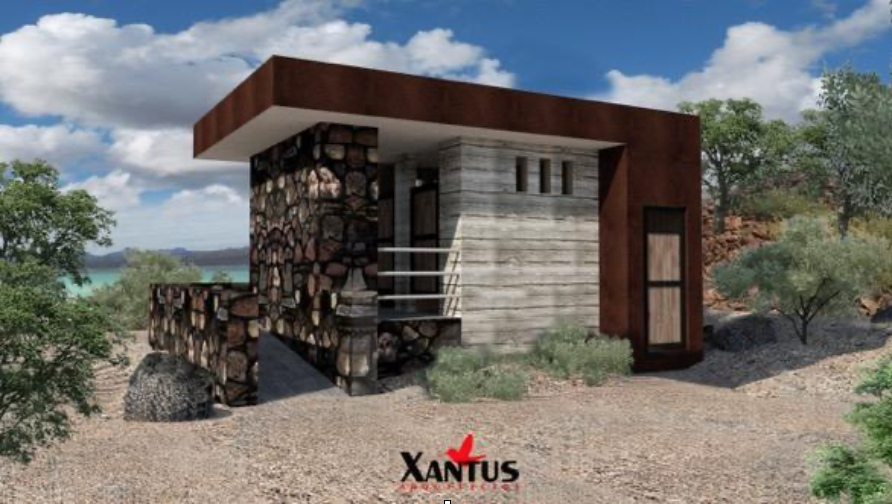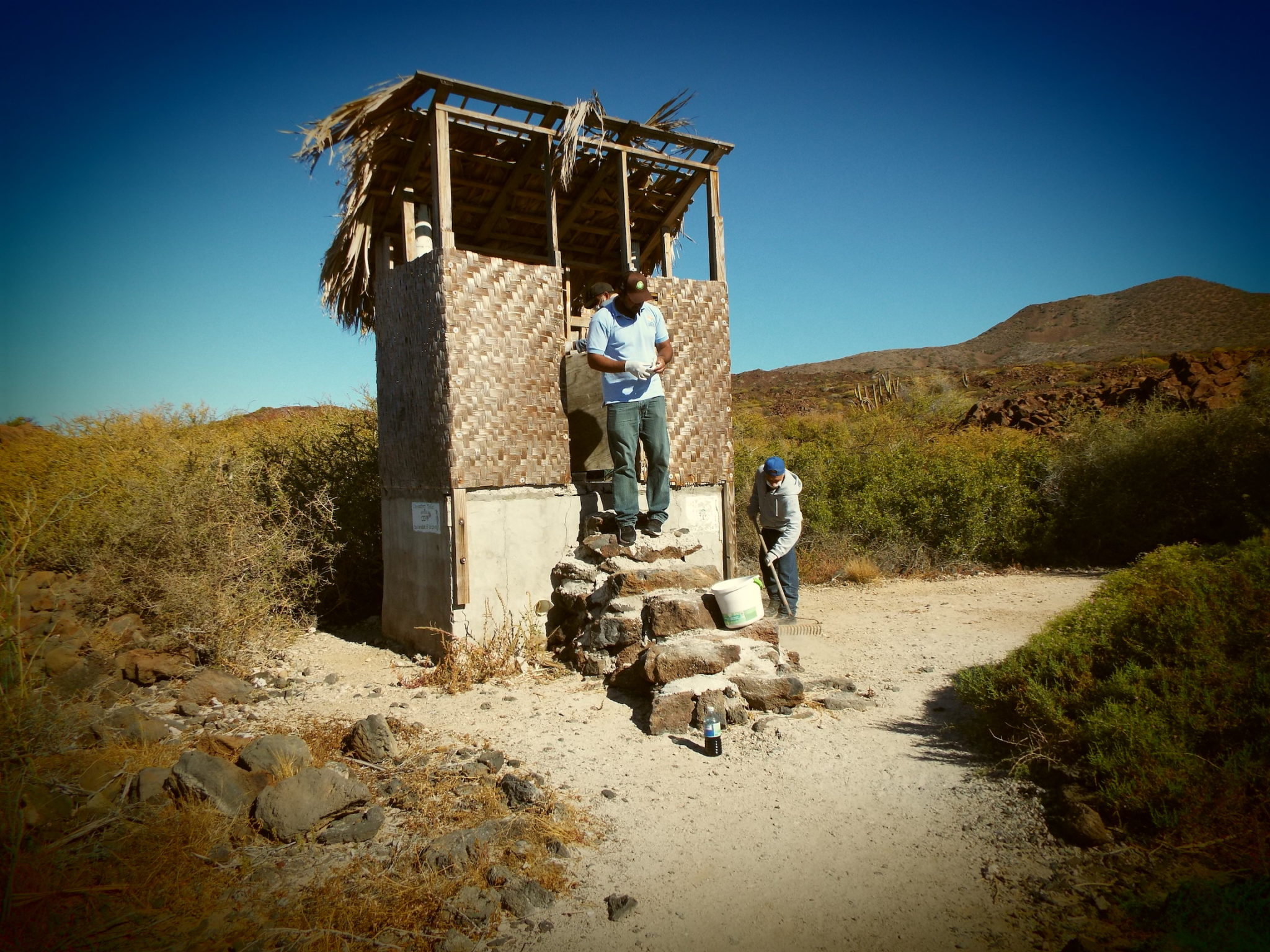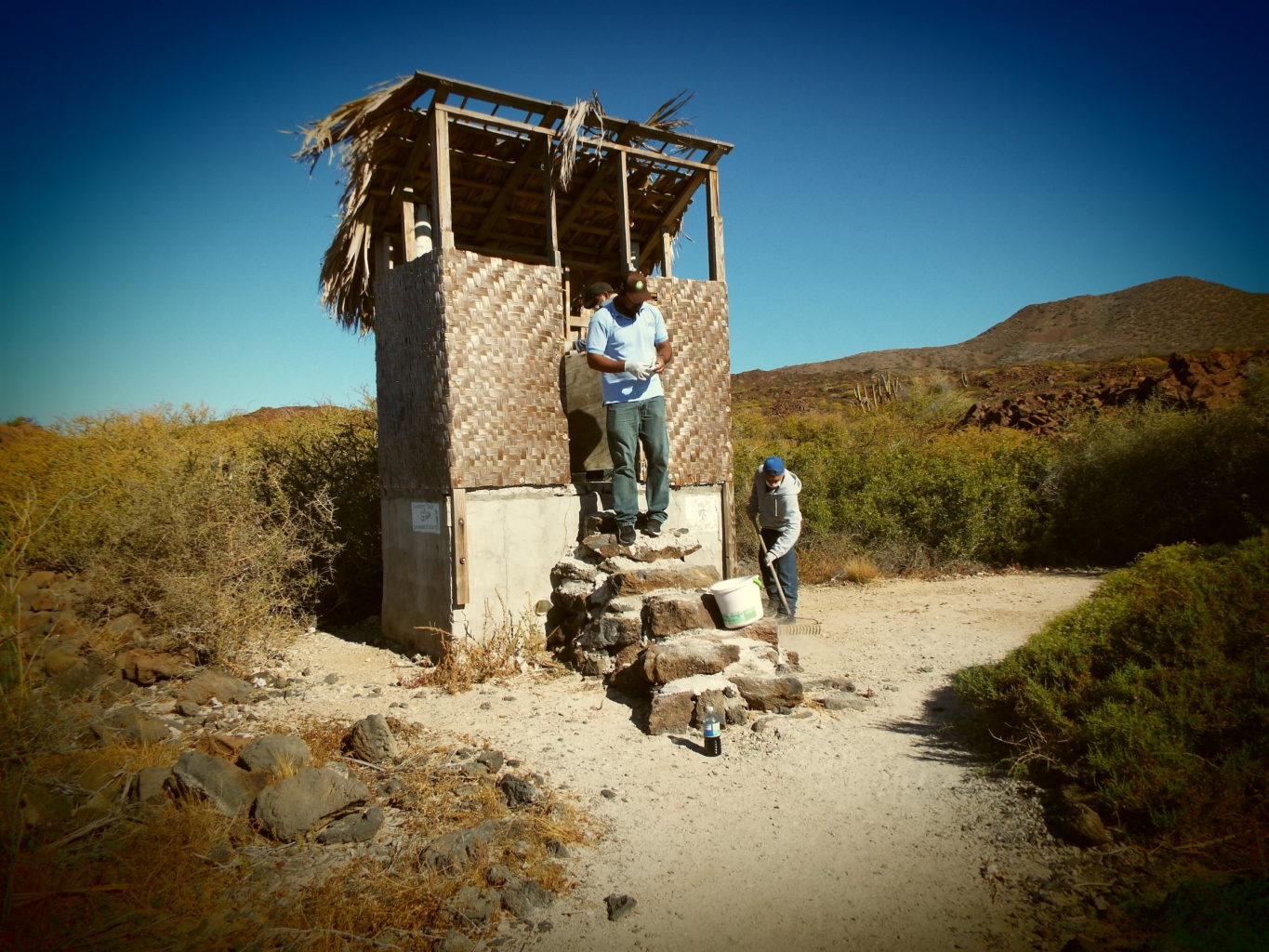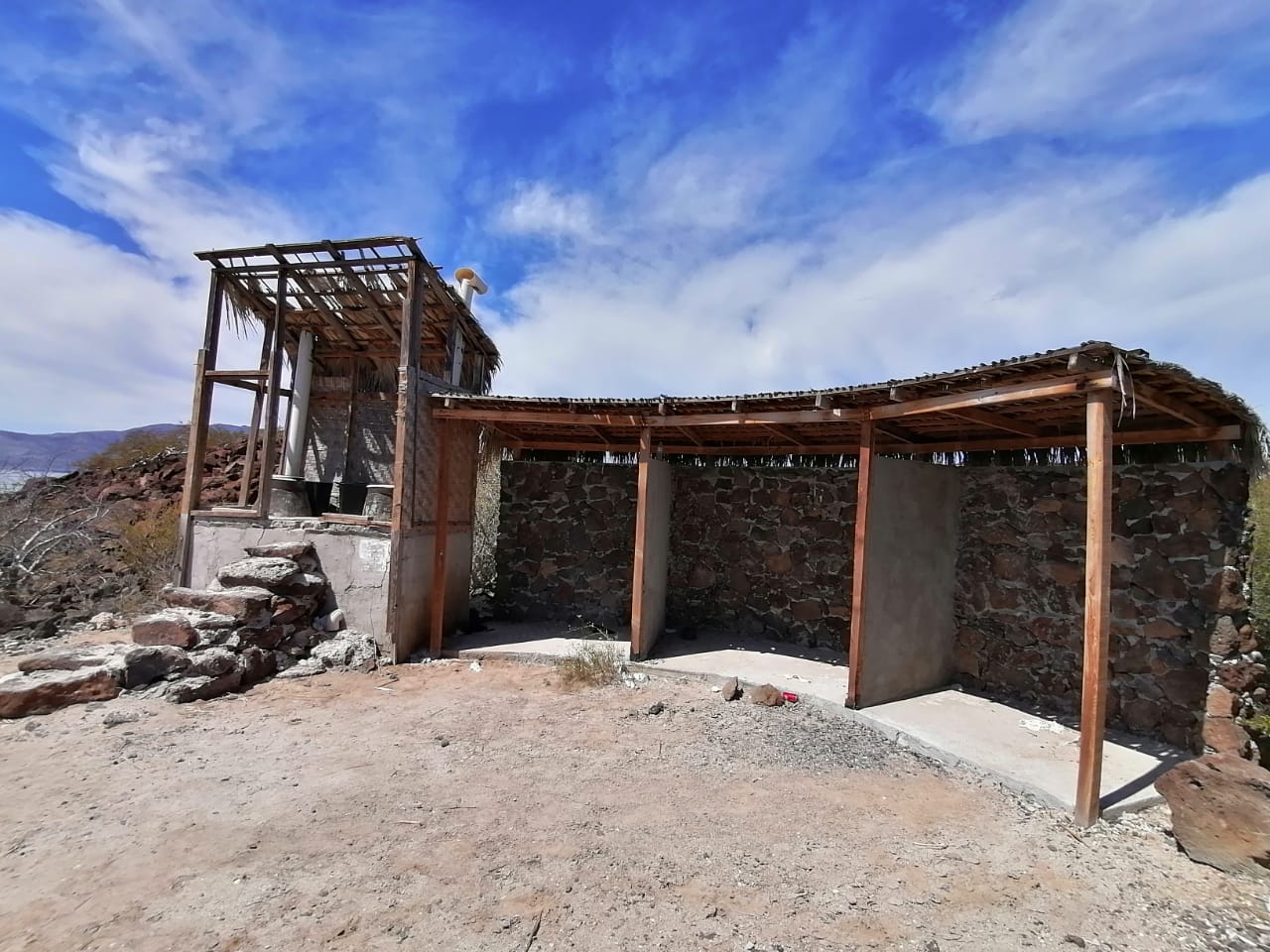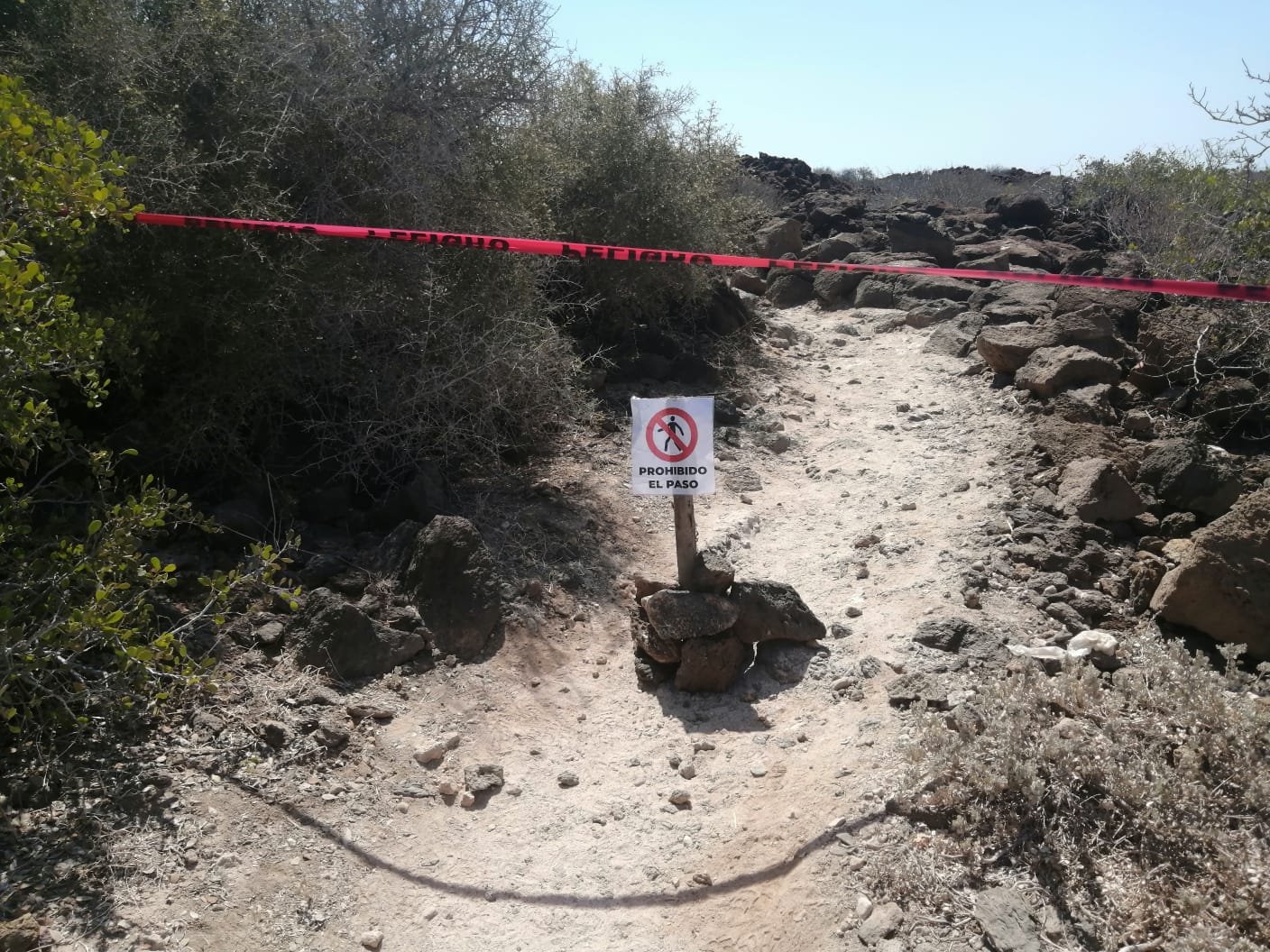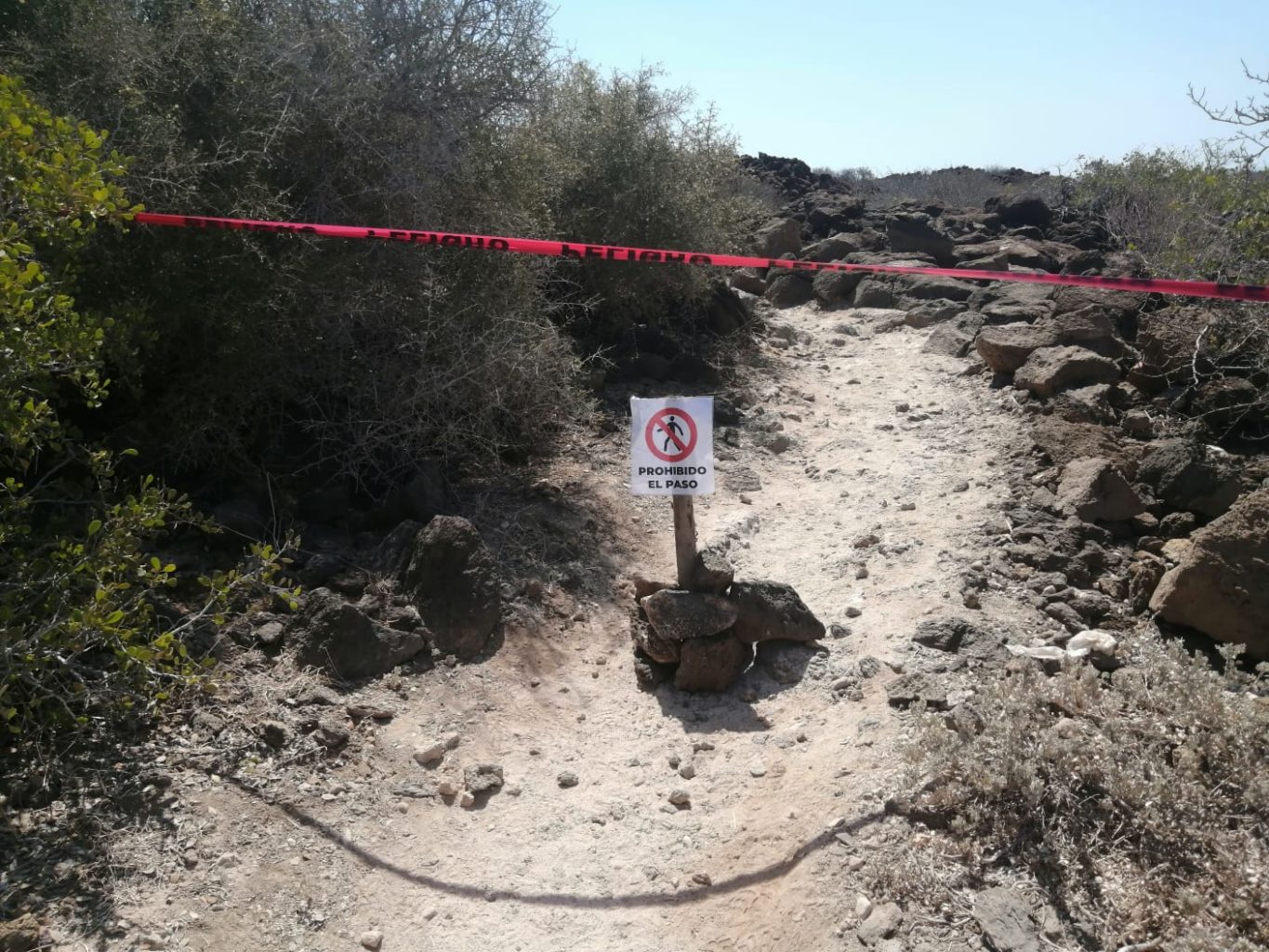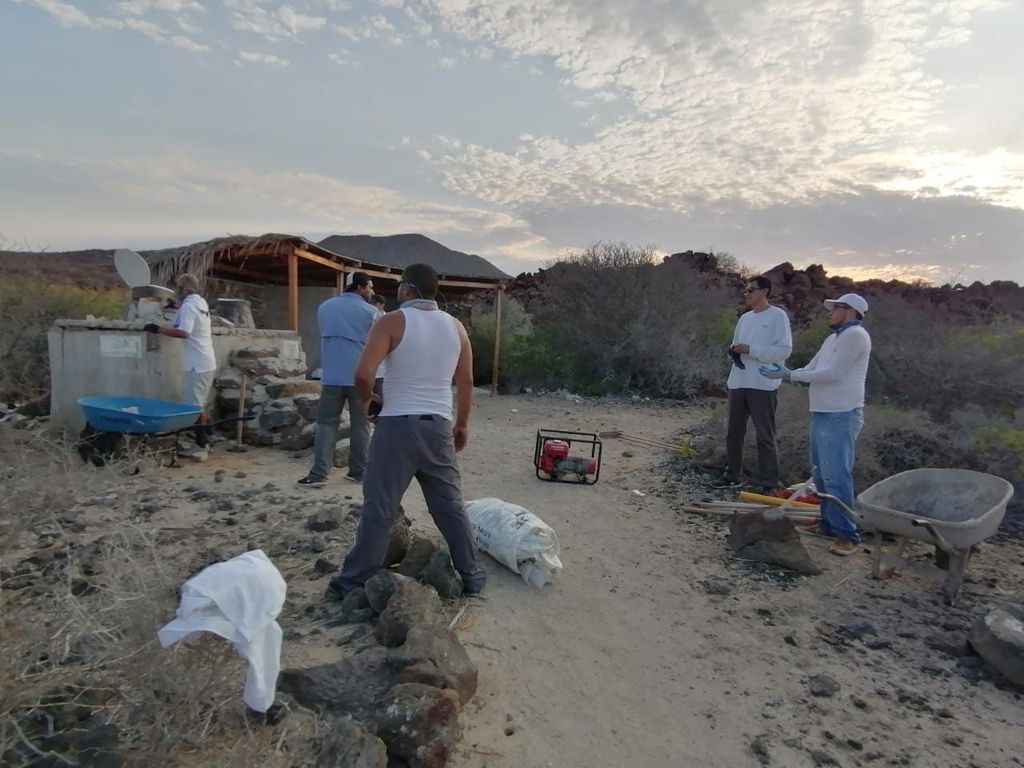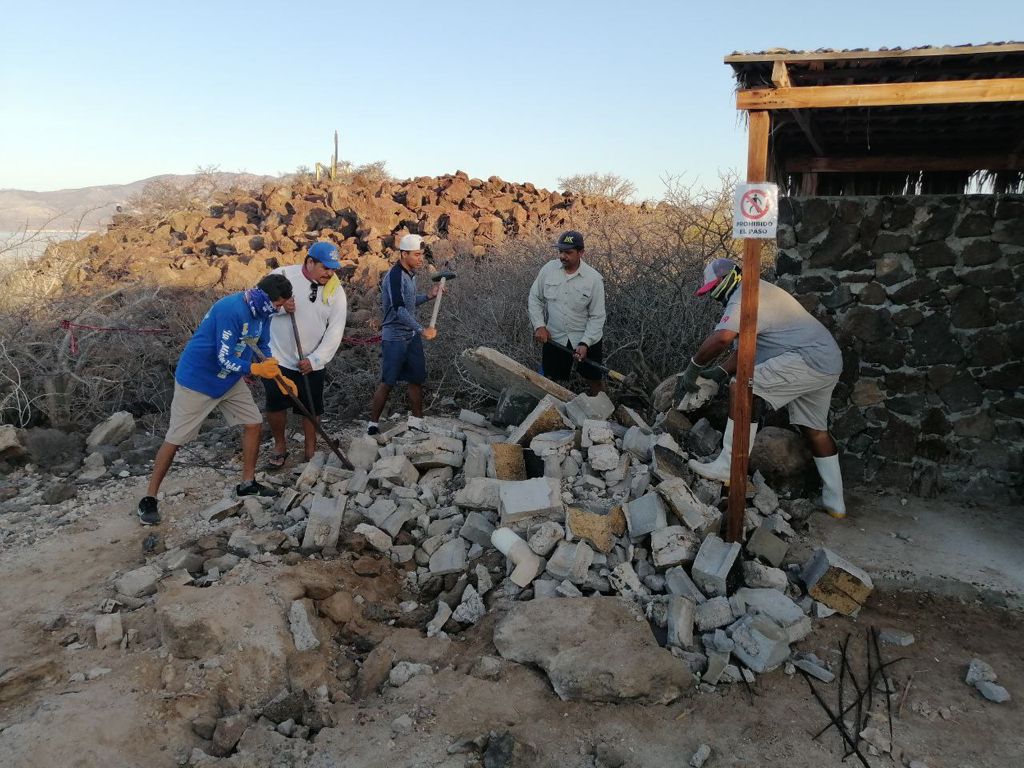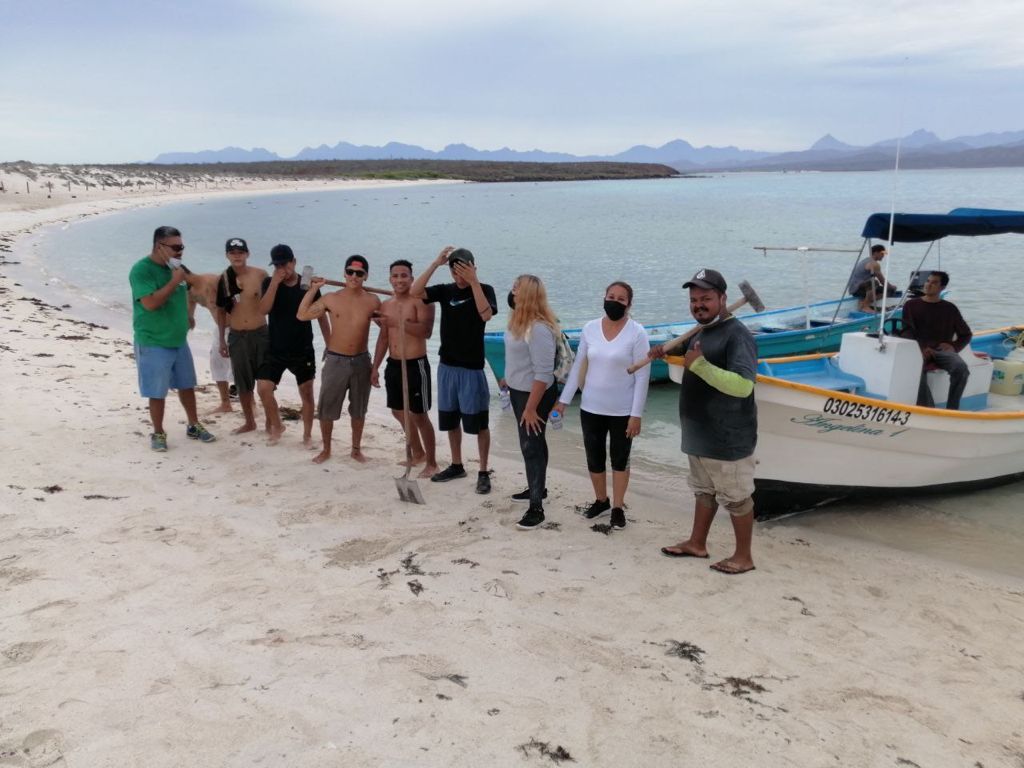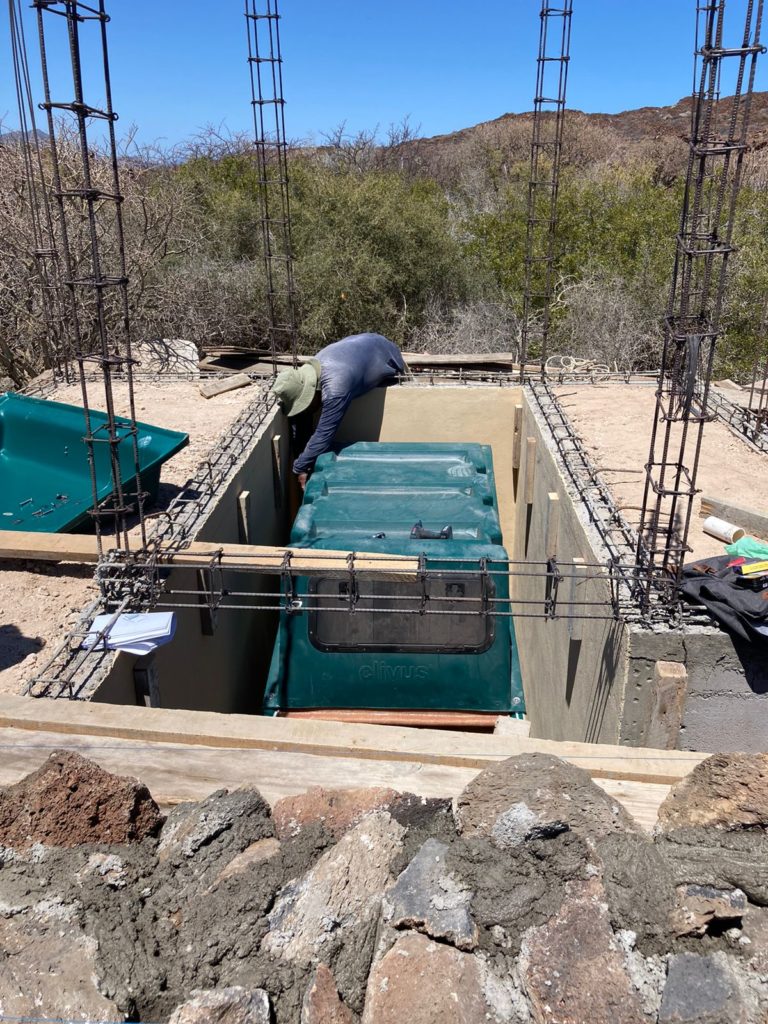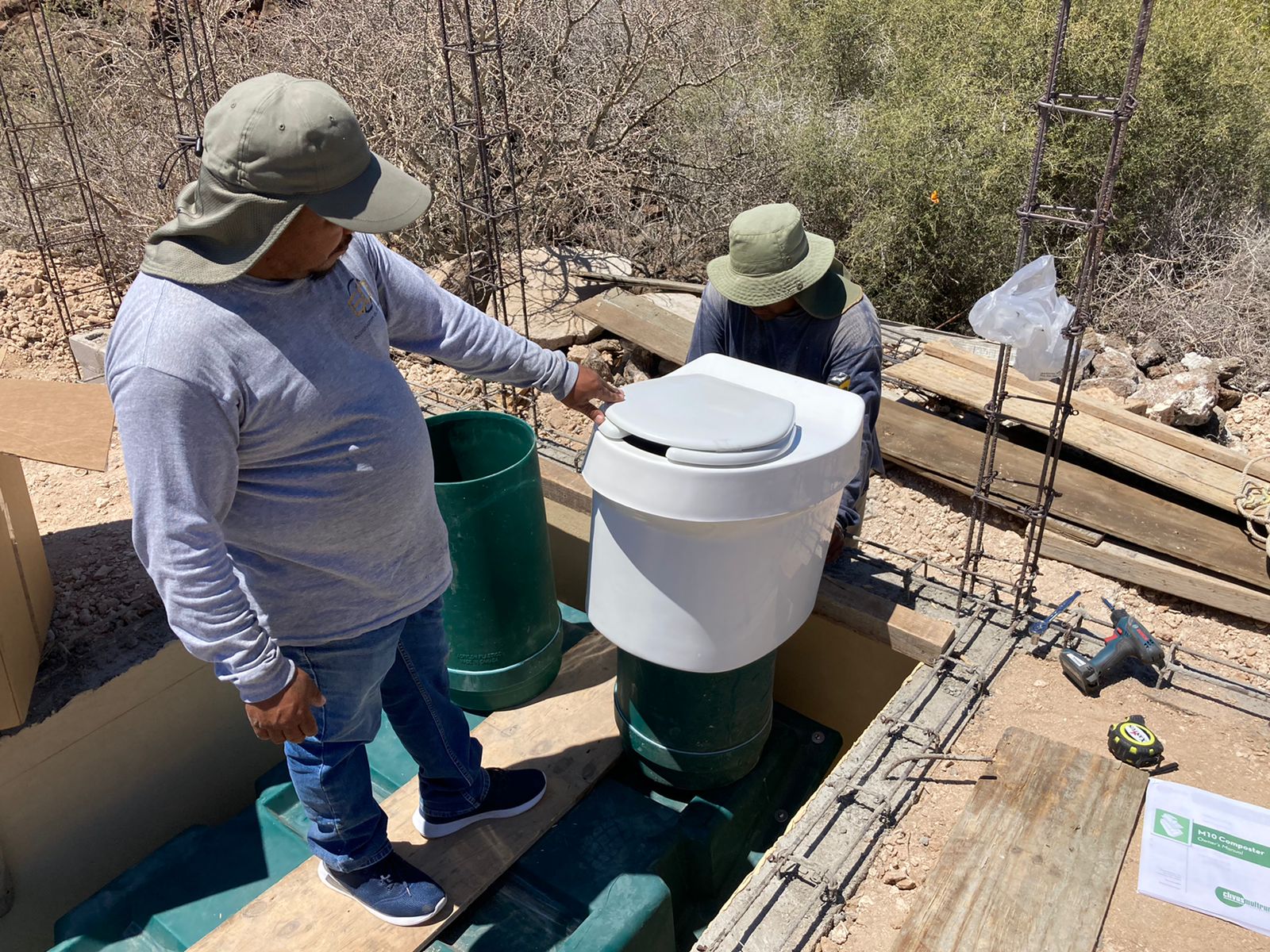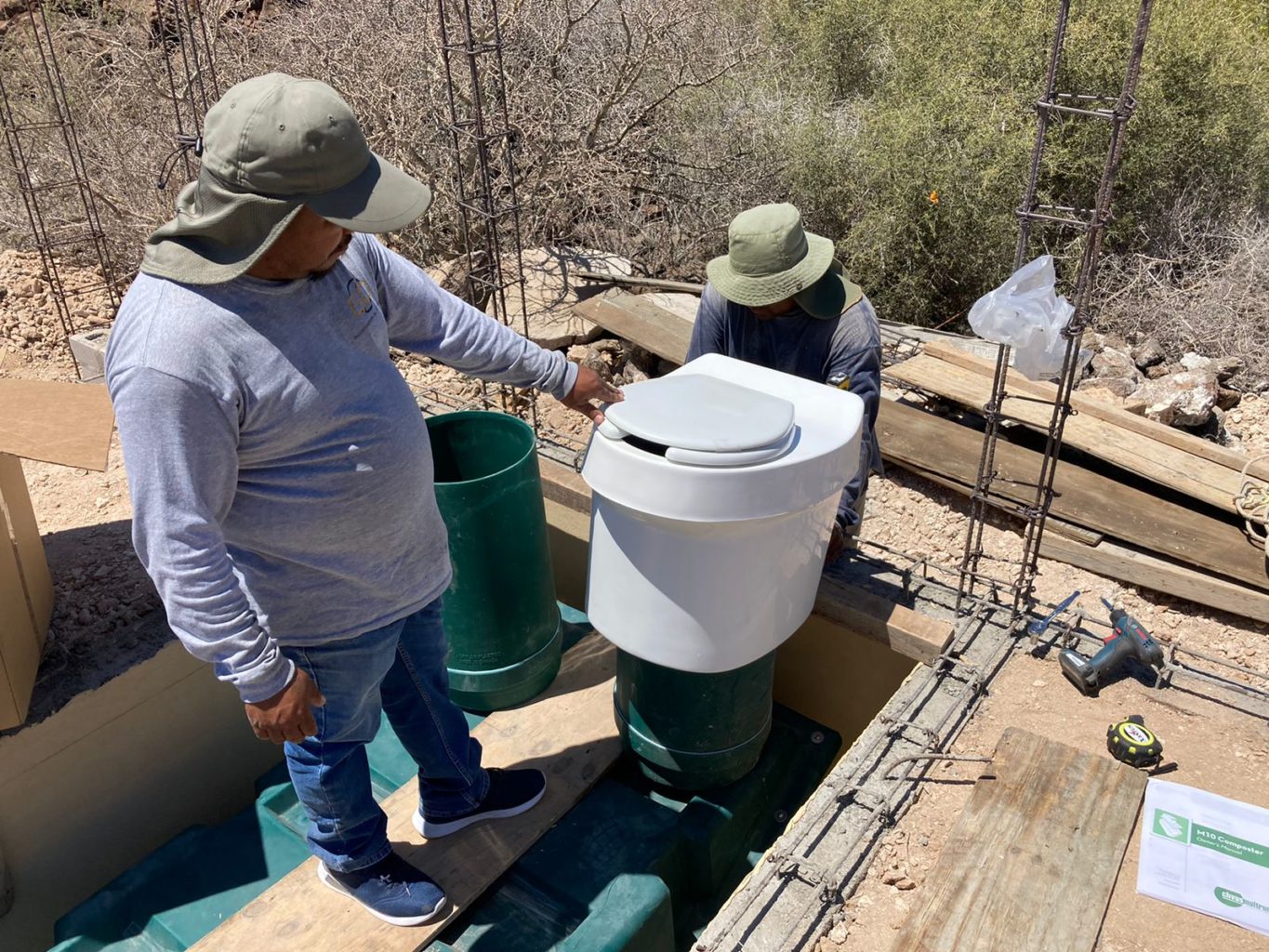Thousands of tourists visit the sunny beaches of beautiful Coronado Island each year. The most popular is Ensenada Blanca, a narrow strip of sand 300 meters long. Visitors arrive in small boats run by 120 different tourist service providers (TSPs).
Lucky swimmers, snorkelers, and sunbathers spot sea turtles, dolphins, frigatebirds, migrating gray whales, sea lions, and more. The dunes are home to threatened species of lizards, nesting olive ridley turtles, and the yellow-footed gull, which nests only in the Gulf of California. Fish are abundant.
Popularity, however, is a mixed blessing for a vulnerable environment. The growth of tourism threatens the health of the dunes at Ensenada Beach, because there is no proper sanitation. The only bathroom is a latrine, so untreated waste goes into the sand and ultimately the water. And because the latrine is so unpleasant and rickety, some tourists relieve themselves in the dunes themselves.
Experts consider untreated waste to be one of the three biggest threats to ocean health, along with overfishing and climate change. More than 80% of the world’s sewage goes into the environment untreated. (2017 UN World Water Development Report, Wastewater: The Untapped Resource.) But waste gets much less attention than the other two threats.
With a Seacology grant, the TSPs who operate around Coronado Island are replacing the polluting latrine with modern composting toilets. This will stop the ongoing pollution of 150 acres of coastal dunes. The goal is a high-quality facility that will last up to 50 years. Every six months, the compost will be removed and taken to Loreto, for use in the city’s gardens. Fees paid by each tourist boat, local hotels, and the National Commission of Protected Natural Areas will finance maintenance. Our partner, Pronatura Mexico, hopes this project will be a model for other areas in Mexico.


